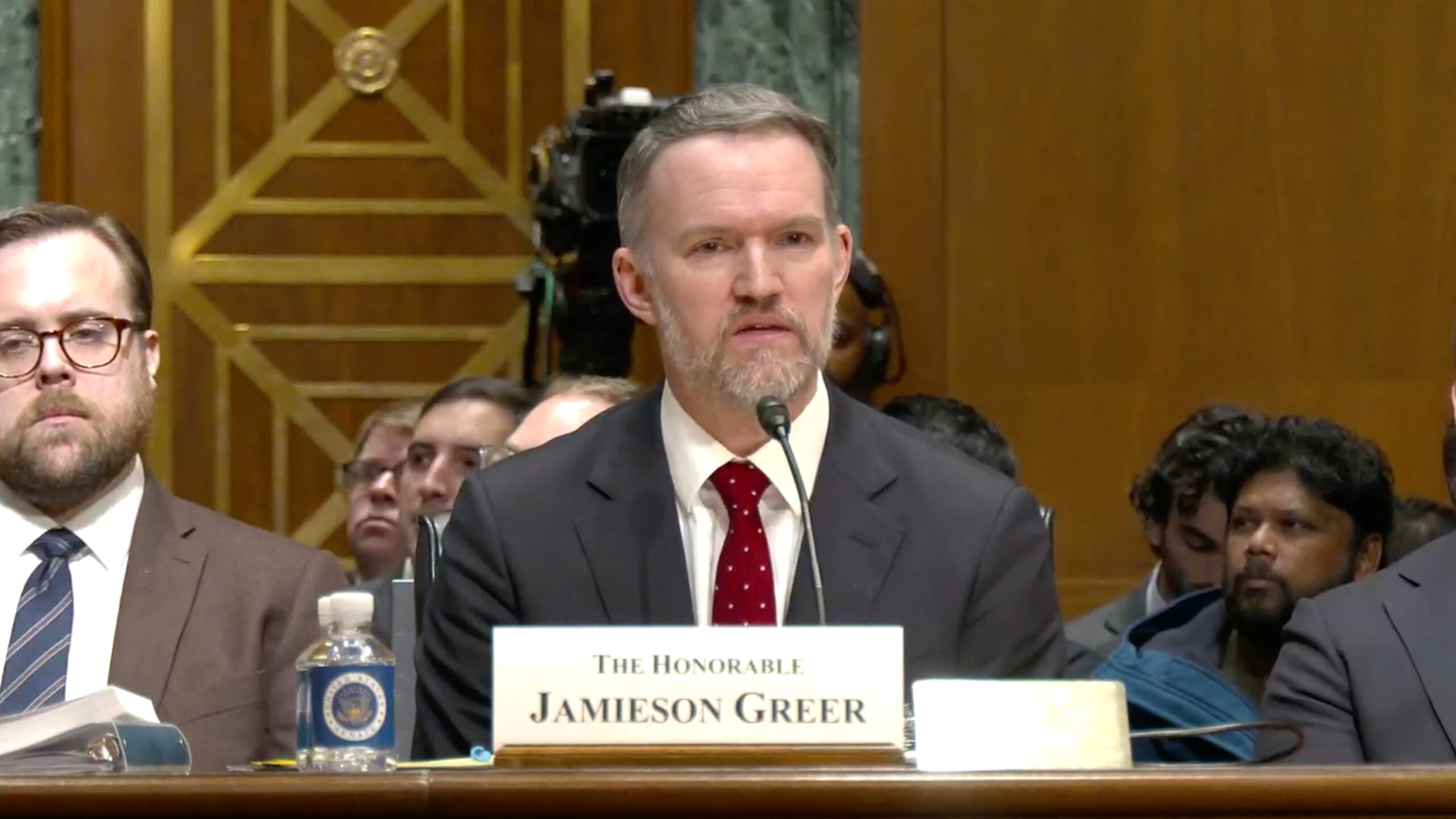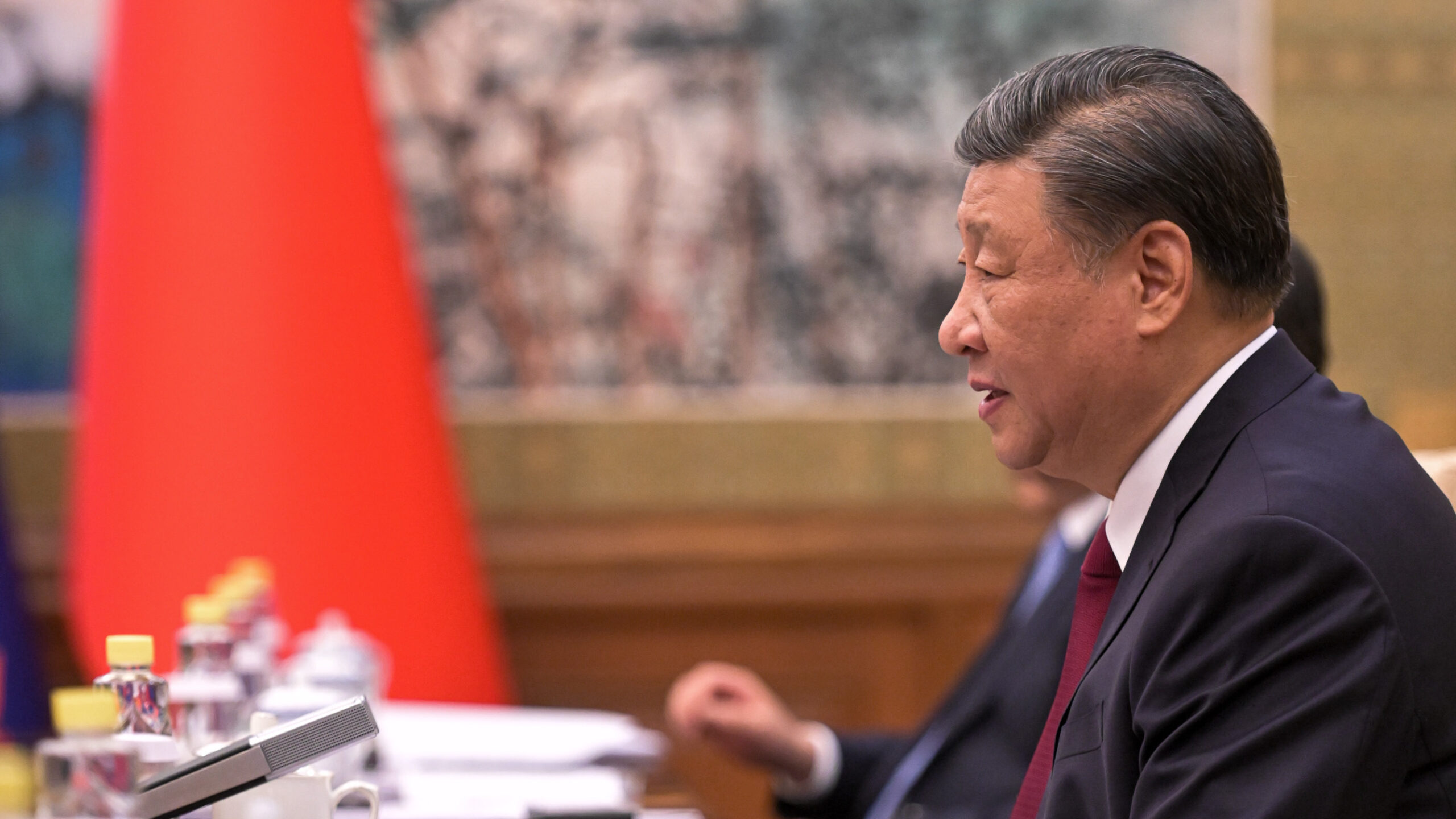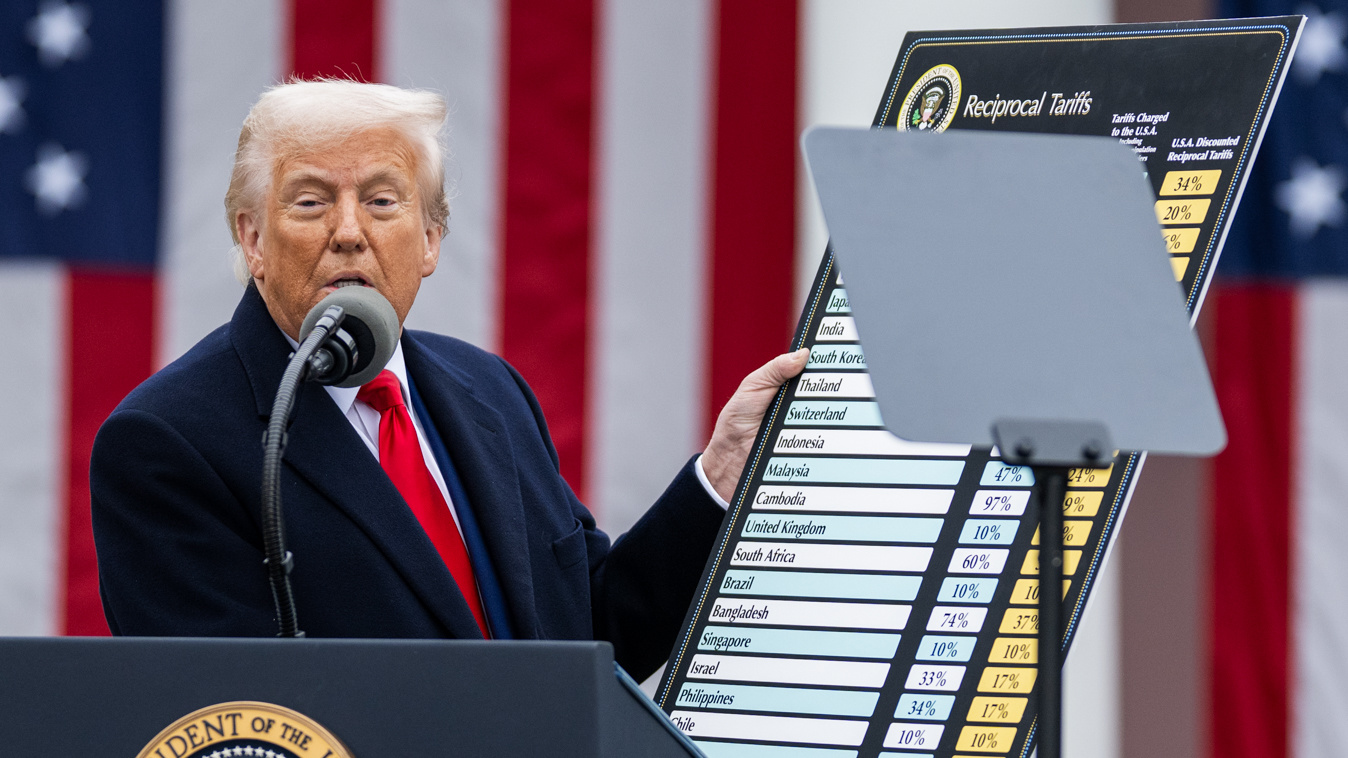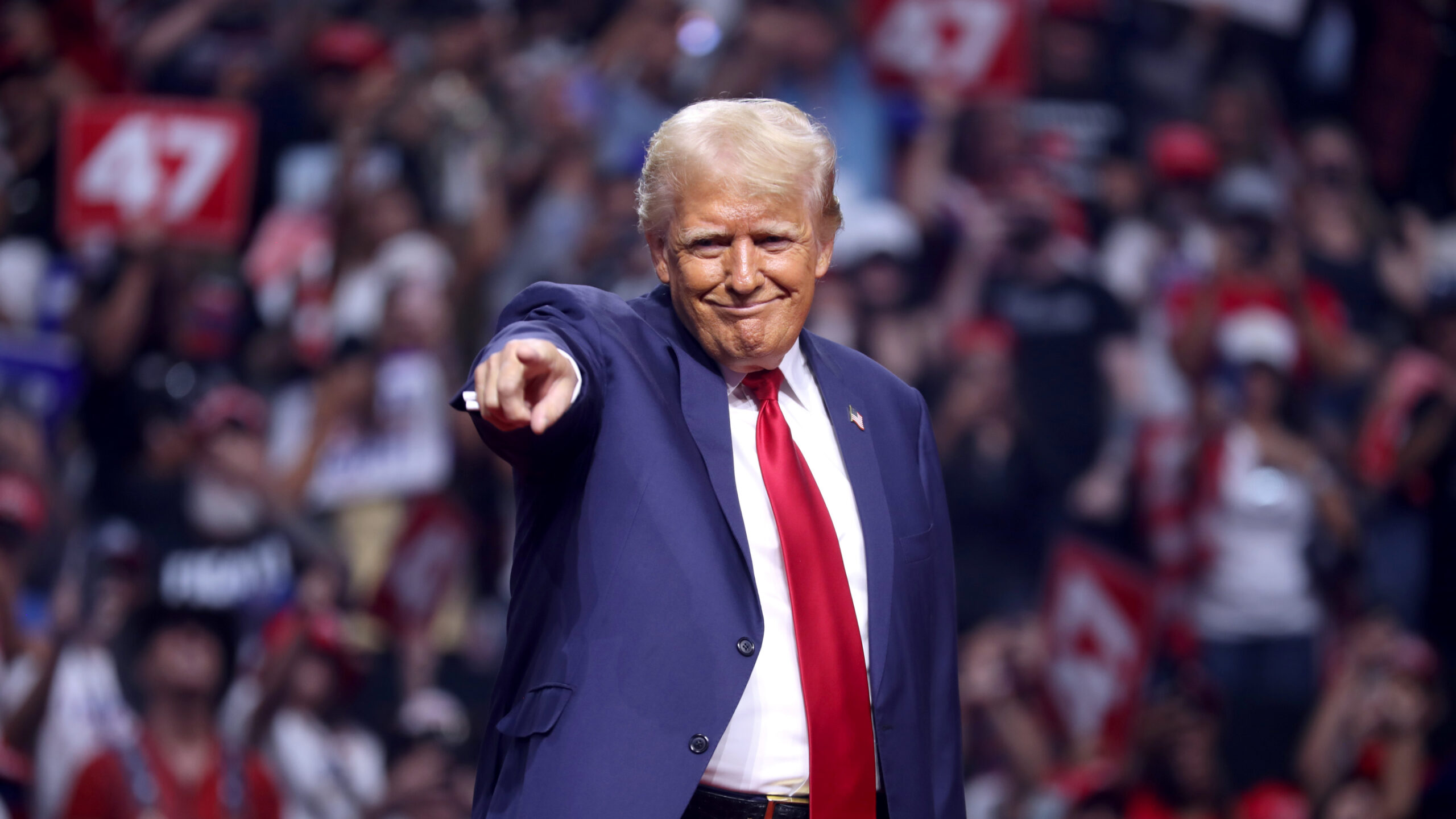
The Trans-Pacific Partnership continues to be one of the critical unfinished issues as the Obama administration wraps up its eight-year tenure. The regional trade agreement involves 12 nations and nearly 40 percent of global GDP – including the key economies such as the United States, Japan, Canada, Mexico, Australia and Vietnam.
[J Berkshire Miller| June 14, 2016 |Aljazeera News]
The pact was signed in February at a ceremony in New Zealand, but has not yet entered into force as signatory members must first ratify the deal in their respective legislatures.
While TPP ratification faces challenges in many states, including Japan and Canada, the key to the agreement centres on Washington’s ability to pass the TPP into law through Congress. The Obama administration has staked its reputation and the legacy of its “rebalance” strategy in large part on the realisation of TPP.
The rebalance is framed on three key – and interconnected – pillars of US engagement in the Asia-Pacific region: economic, diplomatic and security.
Strategic linchpin
The trade agreement has been described by the Obama administration as a strategic linchpin that would ensure that the region adopts standards and rules guided by established trade norms.
The alternative has been described – often in overly pejorative terms – as a green light for Beijing to “write the rules” in the region.
The TPP has also been framed in a security lens, with senior officials in Washington describing it as “important as another aircraft carrier”.
Despite the TPP’s significance, and its notional support from the Republican-led Congress, the pact is now caught up in heated electoral politics with both nominees – Hillary Clinton and Donald Trump – indicating their disapproval of the agreement.
On the Republican side, this has resulted in Senate Majority Leader Mitch McConnell and House Speaker Paul Ryan maintaining a non-committal approach to TPP ratification.
This follows a gruelling political battle last year, through which Congress eventually authorised the Trade Promotion Authority (TPA), which allows the Obama administration the ability to “fast track” the approval process in Congress, by receiving either a Yes or No vote on the signed deal.
The TPA was an essential step for Washington’s leverage in TPP talks as its negotiators could look to conclude the deal without the looming concern of Congress coming back with amendments.
Now there are serious concerns that the deal will not get through before the Obama administration leaves office and will be either held up, re-opened or become redundant under the next president.
The Obama administration is facing pressure from a number of groups opposed to the deal and – like the case in most free trade agreements – will have to make a number of side deals with internal stakeholders to garner sufficient support to get the legislation through Congress.
Most ideal scenario
Key opposition from the Republican side revolves around biologics and the fact that the TPP doesn’t contain the 12 years of data protection for biologic medicine.
This protection was made law through the Biologics Price Competition and Innovation Act of 2009, which serves to strengthen intellectual property protections for pharmaceutical companies in the US.
Orrin Hatch, the Senate Finance Committee chairman, is one their key backers and will be an important player for the administration to have on-side if it wants to get the TPP put into force before its mandate ends.
In an ideal world, the Obama administration would look to get the deal ratified during its “lame-duck” session – immediately following the election in November and before the new president-elect takes office in January.
Obama’s top trade envoy Michael Froman has taken a sanguine view that the deal be put into force, noting: “There is a pathway forward here and what we’re trying to do right now is just maximise the likelihood that we’ll be able to walk down that path successfully.”
But while there is cautious optimism in the Obama administration, the timelines and sensitivities attached to election politics do not portend well for the deal being struck by the end of the year.
It will require political capital that is needed on other key priorities such as the confirmation of Merrick Garland to the Supreme Court.
Despite the fact that the TPP was largely pushed under her watch as Secretary of State, Clinton has been forced to distance herself from it due to concerns that her base has on its impact on US jobs.
The Republicans are similarly boxed in with the presumptive nomination of Donald Trump – who has blasted the deal. This has tempered their support for the TPP due the timing and the signal its ratification might deliver. Despite the strategic imperative of ratifying the pact, it appears that deal’s approval is hanging by a thread.













